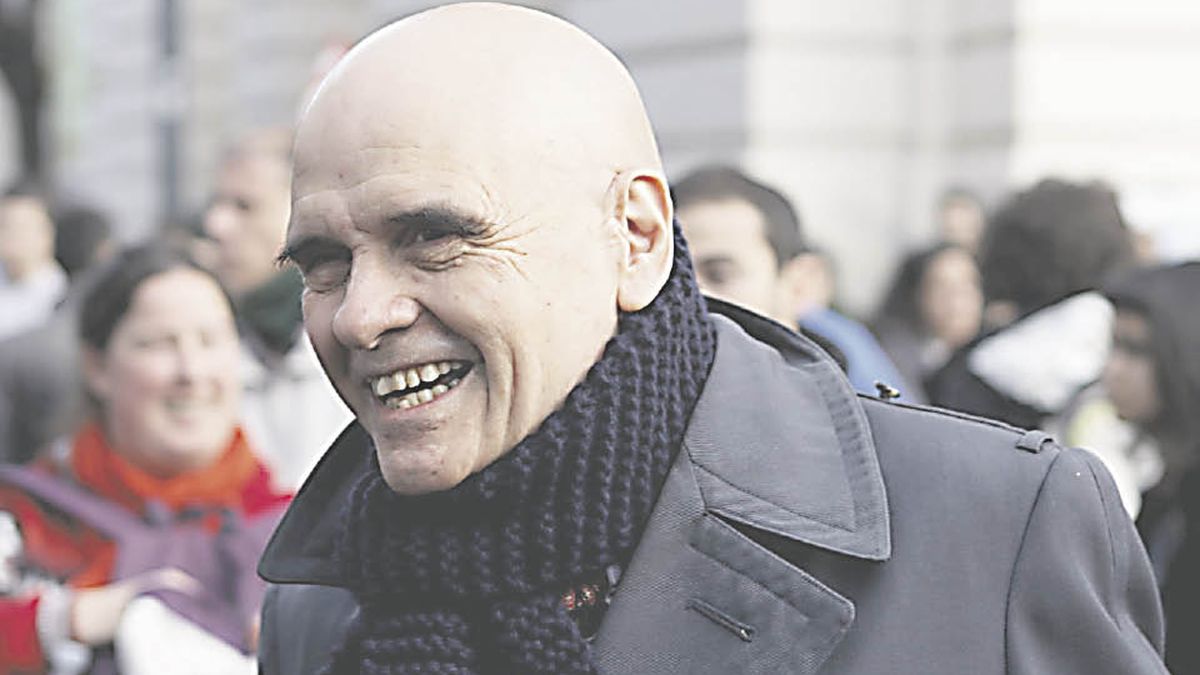Lucas Rubinitch: Not only all that, but the crisis or the defeat of the experiences of change that proliferated in the 1960s and early 1970s is significant, and somehow with the Fall of the Berlin Wall they put the world in a situation where there is no alternative. It is noteworthy that spaces that had a critical presence, that fought for a more inclusive society, in the broadest sense, from the center-left parties to the old liberal republicans, from the left to the so-called populisms, sectors that had a will thinking of non-disposable people, they are in crisis today and have generated a state of resignation in the sectors that had those traditions.
Q.: Don’t you think that the rebellion has passed to another sector, as Stefanoni maintains?
LR: The world linked to the international experience of financial capital is not at all resigned and has an overwhelming force. An intellectual like Friedrich von Hayek always fought for what is being achieved now, economic freedom without any other seasoning and democracy as something absolutely secondary. Hayek legitimately fought for this, he built an institute in England and the Atlas Institute in the United States, which spread think tanks around the world with extraordinary influence. As they are pragmatic thinkers they can unite an anti-abortion Catholic with a liberal gay because the bottom line is economic freedom. I name Hayek because a defiant, so to speak, Argentine politician usually appeals to him. In that space there are no resigned. What I see is that there is an extraordinary resignation in the cultural and political world where the significant voices, from different parts of society, at one point had a problematizing look at society as a whole, taking sovereignty as a value. Today the two old traditional Argentine parties have joined pragmatically, regardless of their rhetoric, the climate of prevailing ideas, in that sense I say that they are resigned, that they are repeating Margaret Thatcher’s phrase “there is no alternative”.
Q.: Is there no resignation for the reduction of jobs?
LR: This resignation is the product of the deterioration of old institutions. It is true that Argentina has political parties, cultural activity, social movements and strong unions, but the discourses, in the strong symbolic sense, producer of social ties, are deteriorated and their leaders are confused. What is the population going to do? He looks at that situation and then he manages with what he can and thus an aspect appears that can be called resigned.
Q.: In a large sector of young people there seems to be a resignation, which can turn into violence, in the face of the specialization of the digital world, and the lack of instruction that would give them tools to access a world that has changed.
LR: It is a structural problem. This diagnosis is correct, problematic, because the political leadership does not make a scandal that we have an extraordinary percentage of young people in a situation of poverty and does not explain what the project is to solve this. It is said that this cannot be solved because the time has changed. This is how a young population appears that does not know where and how to integrate socially.
Q.: In “Against homo resignatus” you propose “reinventing political rebellion in a world invaded by disenchantment.”
LR: My central concern is the deterioration at the international level of the old democratic institutions, the different aspects that this deterioration presents and the possible forms of response. It seems important to me not to sweep under the rug the fact that there is an objective deterioration that does not allow silly optimistic speeches.
Q.: The use you make of literature in your book is interesting, it goes from Victor Hugo and Dickens to Martín Fierro and Borges.
LR: The use of literature is fundamental in sociology. I gave my General Sociology classes “Borgianas”, each problem I was going to deal with began with a question raised by Borges. When Borges talks about the fact that the writer creates his precursors, it is fundamental, it is a matter of how the present illuminates the past. Another case, in the question of how to look at others, of which he makes a brilliant description in what he calls “farmer literature”; he says that Güiraldes, to describe a tack, hollows out his voice, “he treats the tack as if it were a great show”. Borges says that there are no camels in the Koran because an Arab wrote it; if a foreigner had written it, it would be full of camels. That seems fundamental to me in sociology when looking at others, how one should build a look at others without an ethnocentric or classocentric perspective.
Source: Ambito
David William is a talented author who has made a name for himself in the world of writing. He is a professional author who writes on a wide range of topics, from general interest to opinion news. David is currently working as a writer at 24 hours worlds where he brings his unique perspective and in-depth research to his articles, making them both informative and engaging.




